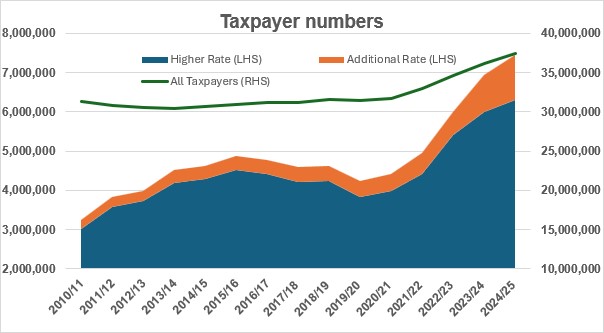
UK companies paid their investors bumper dividends of £36.7bn in the second quarter of 2024 — an 11.2% year-on-year rise. Take a closer look behind the positive headline, however, and there are some important caveats
Rising dividend payments can reflect economic growth and improved corporate profitability, so should be good news for investors. But analysis of the figures suggests a degree of caution, as these figures include a significant jump in ‘special’ one-off dividends, made in exceptional circumstances.
In Q2, there were £4.1bn special dividends — including a whopping £3.1bn payment from HSBC following the sale of its Canadian subsidiary. Excluding these payments, regular dividends were up by just 1%.
Dividends aren’t just for income-seeking investors; they can, if reinvested, significantly boost overall returns. Over the last 20 years the FTSE 100 index has returned 65% to investors (or 2.6% a year.) But if this also includes reinvested dividends, total return is 239%, or 6.6% a year.
However not all companies pay regular dividends. These payments tend to be made by more mature, financially stable companies, or firms that can generate consistent cash flow. This might include utility companies, banks and oil and gas companies.
In contrast, less well-established companies, or those operating in rapidly evolving sectors, tend not to pay dividends. These firms may choose to reinvest profits into the business to drive further growth, rather than returning money to shareholders via a dividend.
In the UK almost 90% of the dividends paid are made by the largest listed companies that make up the FTSE 100, with banks making the strongest contribution to dividend growth during Q2. There was also strong growth in dividends from healthcare companies.
However, the figures also highlight where economic growth has stalled in recent years, with a significant drop in dividends paid by mining companies, and a fall in payouts from housebuilders.
In fact, if the relatively ‘weak’ mining sector is excluded from this year and last year’s figures, dividend growth across the rest of UK market stood at 8.6% — indicating that investors can still find income opportunities in the UK market, despite sector specific slowdowns.
The value of your investment and any income from it can go down as well as up and you may not get back the full amount you invested.
Past performance is not a reliable indicator of future performance.
Investing in shares should be regarded as a long-term investment and should fit in with your overall attitude to risk and financial circumstances.





